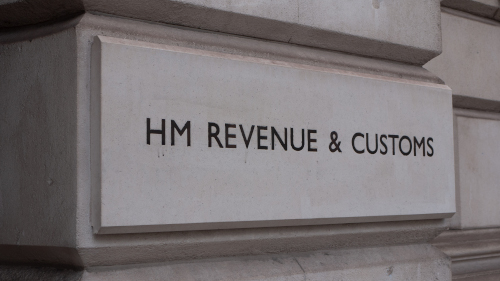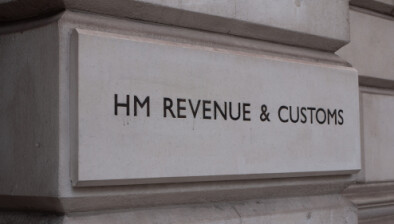HMRC: 10.7m tax returns filed by 31 January deadline

More than 10.7 million people submitted their 2019/20 Self Assessment tax returns by the 31 January deadline, HM Revenue and Customs (HMRC) has revealed.
The remaining 1.8m whose tax return is now late will not be charged a late filing penalty provided they submit their return online by 28 February.
Those who did not pay their Self Assessment tax bill by 31 January are now incurring interest on the outstanding balance and should pay their bill as soon as possible.
Customers should pay any outstanding balance, or arrange a payment plan, before 3 March 2021 to avoid a 5% late payment penalty.
Those who are not yet able to file their tax return should pay an estimated amount as soon as possible, which will minimise any interest and late payment penalty. Self-employed people can use the calculator on GOV.UK to help estimate their tax bill.
Karl Khan, HMRC’s interim director general for customer services, said: “Thank you to the 10.7 million customers who have sent in their tax returns. We won’t send anyone a late filing penalty if they complete their tax return by 28 February.
“We know that many individuals and small businesses are finding it harder to pay this year, due to the pandemic. Anyone who can’t afford to pay their tax bill in full can set up a payment plan, once they’ve filed their return, to spread their tax bill into monthly instalments.”
There are several ways that customers can pay their Self Assessment tax bill or an estimated amount. They can pay online, via their bank, or by post. More information on how to pay is at GOV.UK.
Anyone who cannot pay their bill in full can apply to spread the cost. Customers can set up a payment plan, in up to 12 monthly instalments, online via GOV.UK provided they meet the following requirements:
They need to have no:
- Outstanding tax returns
- Other tax debts
- Other HMRC payment plans set up
- The debt needs to be between £32 and £30,000
- The payment plan needs to be set up no later than 60 days after the due date for payment. But they should really do it as soon as possible, and certainly before 3 March to avoid a 5% late payment penalty.
Those who do not meet these requirements, or who need more than 12 months to pay off their bill, can apply for a payment plan by speaking to one of HMRC’s debt advisers.
Interest accrues on all outstanding balances, including those in payment plans.
Self Assessment customers who are required to make Payments on Account, and know their 2020/21 tax bill is going to be lower than in 2019/20 – for example due to loss of earnings because of COVID-19, can reduce their Payments on Account.
Visit GOV.UK to find out more about Payments on Account and how to reduce them.





